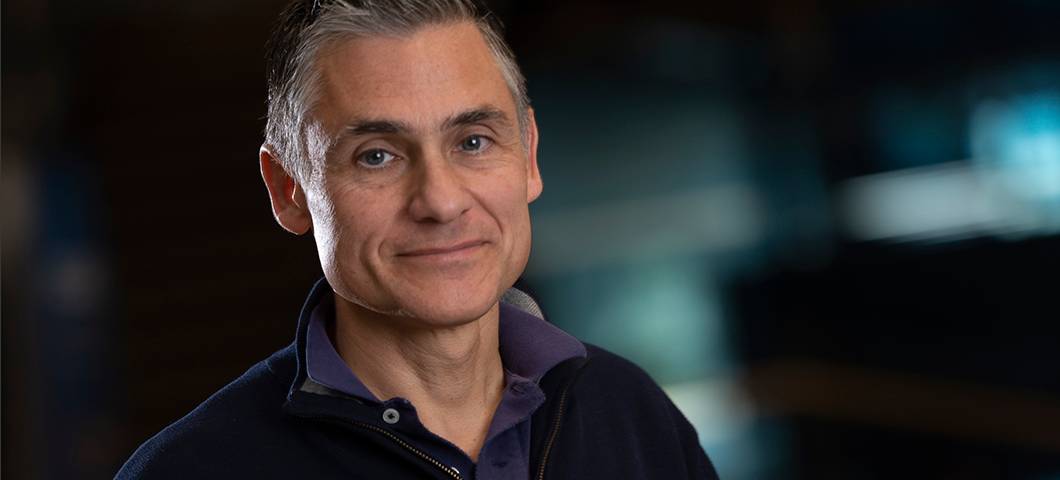Clemente Izurieta
Associate Professor in the Gianforte School of Computing
Did you always know you’d go to college?
No. Colleges and universities were not part of our lives, nor was it part of many people's lives for that matter. In Chile, where I grew up, there was no culture built around collegiate activities, as it is for most people in the US. In fact, until 1990 in Chile, only 14% of high school students enrolled in college. That has changed to more than 50% today. My parents were different, however, and valued higher education.
My parents were professional musicians and ever since I can remember, I grew up listening to either folk or classical music. It was part of our household, part of the daily routine. Music alone did not pay the bills, of course, and both of my parents worked extremely hard their entire lives. They instilled a sense of hard work in everything I did, and they demanded (on a daily basis) evidence of this in my homework. We immigrated to Australia during my early high school years and, although it was rough, the hard work paid off and it opened my eyes to other possibilities after high school. A combination of events that I would not have predicted made me consider college.
Who or what inspired you to apply to college?
Being an immigrant teaches you many lessons: resiliency, patience, endurance and the value of friendships. The biggest lesson was the realization that you have to go after what you want — no one will hand it to you. I cannot pinpoint the exact moment I decided to pursue college because this was a process that took time and was combined with a young attitude to prove others wrong. I always did have support from my parents and a helping hand from my high school math teacher, Mr. Ooi, whom I still keep in touch with. Oh, did I mention that watching Mathew Broderick in War Games played a big part?
Did you have a mentor that helped and supported you as an undergrad?
The only mentors I ever had were both my parents. Through all the wins and losses they were there. It was a financial hardship to them, but they stuck through it.
What resources helped you succeed as a first-gen student?
Unlike today, you were pretty much left to yourself. We did not have advisors we could call on to help us select courses or majors. In fact, college assumed your maturity would get you through or chew you out. In hindsight, I think this is something that has improved significantly for today's students. I am amazed and happy to see the resources available to students today. Probably the best resource I had was friendship I developed with like-minded students. We helped each other through much of college, both academically and socially.
What advice would you give to a first-gen student today?
You have the power to make it happen. No matter the circumstances, in the end it is always up to you. Don't take for granted the opportunity to have a college education. Be humble, embrace your weaknesses, pay it forward, work ethically, and give credit where credit is due. Everybody has a story, take the time to listen.

